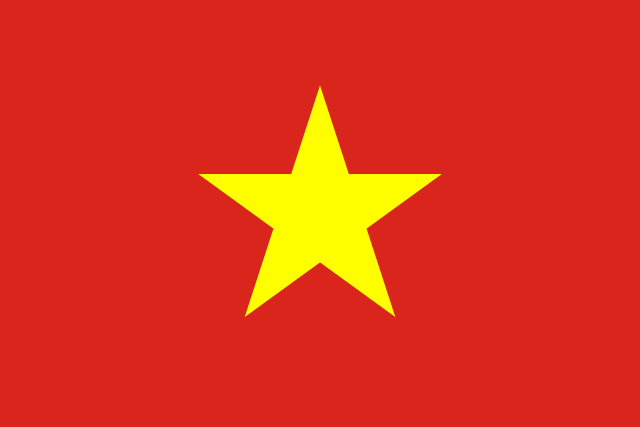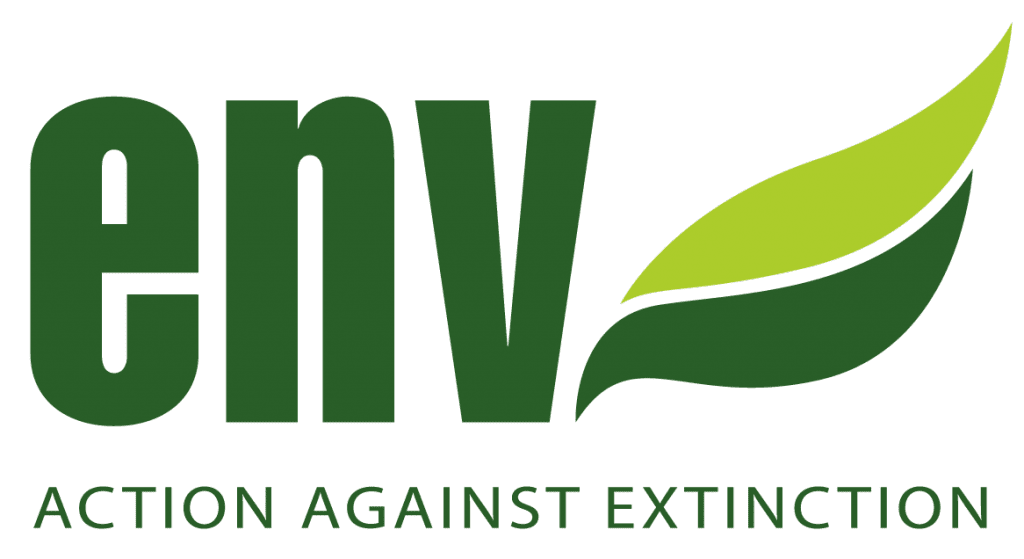According to the South African Department of Environmental Affairs, a total of 1,004 South African rhinos were killed for their horns in 2013, making it the worst year so far for illegal rhino poaching in the country.

Rhino horns are traded by transnational crime networks and are shipped primarily to Asia, where consumers use the product to illustrate their high status (as the horns are extremely expensive), or consider it a “magic medicine”, despite the lack of scientific proof about it’s supposedly miraculous medicinal values.
Preventing rhino horn consumption has become a global battle. In 2012, South Africa signed a Memorandum of Understanding (MoU) with Vietnam on the joint responsibility for tackling wildlife trafficking between the two nations, and a collaborative Rhino Action Plan was then developed. At the end of January 2014, the Vietnamese government will report to CITES on the progress made in making seizures and arrests of rhino horn products and perpetrators, and achieving prosecutions and convictions for rhino horn trafficking and consumption offences. The progress in implementation of a robust tracking system for preventing imported rhino horn trophies from entering illegal trade networks will also be reported.
{jcomments on}

